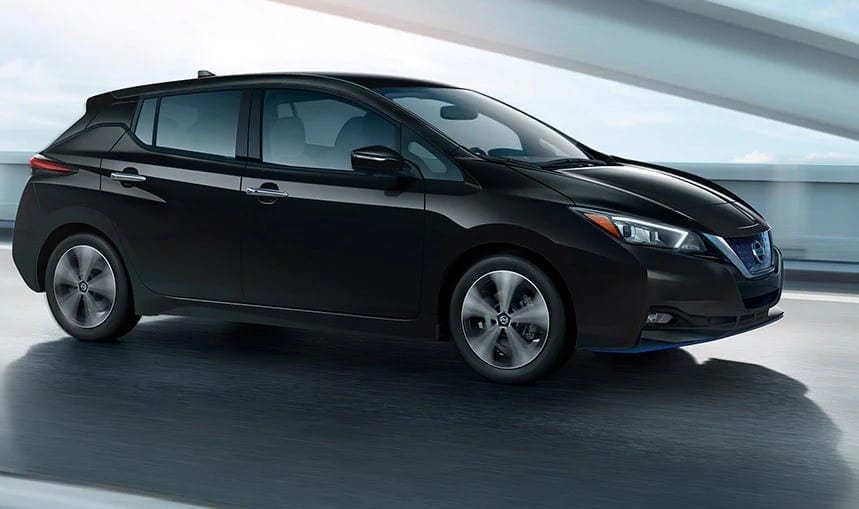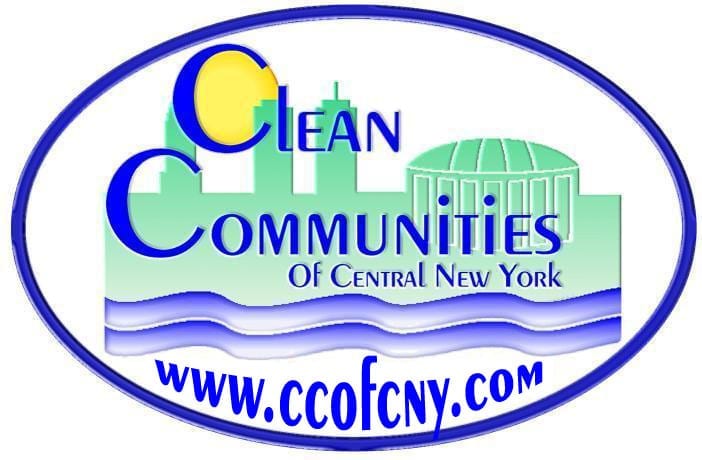Shared mobility companies, such as Uber and Lyft, have revolutionized the way passengers and vehicles are matched via websites and mobile apps. The next level of shared mobility is coming to New York City, via a startup whose mission is to operate a fleet of battery electric vehicles (EVs). The parent company is a long-term provider of taxi and limousine services in New York City, currently operating over 3,000 gasoline-powered vehicles. Their first order of 50 battery electric cars will be entering service later this summer, with the goal of eventually placing 500 EVs into service.
Collaborating with Project Partners
The startup is working with Clean Communities of Central New York (CC of CNY), part of the Clean Cities Coalition network that is a resource of the U.S. Department of Energy’s Vehicle Technologies office. CC of CNY is working together with Empire Clean Cities, battery electric car manufacturers, providers of EV charging infrastructure, and other interested parties to assist the shared mobility company. Progress has been slowed due to the COVID-19 virus, but all the involved parties may find it comes with a silver lining.
Project partners are all working remotely and taking advantage of the slowdown to better plan for the future of this shared mobility company.
Project partners are all working remotely and taking advantage of the slowdown to better plan for the future of this shared mobility company. All entities are participating in the many industry-led educational webinars that are proliferating during this time when live events are postponed or cancelled. The U.S. Department of Energy and their National Labs continue to collaborate with and support projects that will assist in the continued growth of alternative fuels and infrastructure, including this startup.
Development of DC Fast Charging Infrastructure
Everyone is working together to identify potential sites for DC Fast Charging infrastructure that will be easily accessible and convenient for rideshare drivers.
One important aspect of building out this EV shared mobility project in New York City will be the development of public access DC Fast Charging infrastructure. This involves private suppliers and operators of charging equipment, as well as public agencies including the New York State Energy Research and Development Authority (NYSERDA), and the New York Power Authority (NYPA). Another potential partner will be the Port Authority of New York and New Jersey (PANYNJ). They operate major transportation sites in and around New York City, including all airports, bridges, and tunnels, many of which have available parking areas adjacent to their sites. Everyone is working together to identify potential sites for DC Fast Charging infrastructure that will be easily accessible and convenient for rideshare drivers, along with the general public and future commercial fleets.
In the New York City region, most rideshare drivers do not own their own vehicles. Instead, they lease them on a weekly, monthly, or yearly basis through a licensed, registered and insured operator. This highlights an extremely important consideration for this startup, in that most of the drivers will not have the ability to charge their vehicles at home, as they typically live in multi-unit buildings with limited or no parking space availability for charging infrastructure. It will be important for the success of this shared mobility startup to have a reliable, accessible network of DC Fast Charging sites available for drivers to “top off” their battery electric vehicles during their shifts. An additional incentive for drivers is that battery electric vehicles can travel in the HOV Lanes and receive a discount on bridge and tunnel tolls.
Investments and Mandates Drive Innovation
The business model for this startup is driven by a mandate in New York City, whereby the only way to add additional rideshare licenses is for the vehicle owner to offer either battery electric (not hybrid) or handicap accessible vehicles. This is a great example of alternative fuel usage being driven by government mandate.
NYPA, through Evolve NY, has committed up to $250 million to invest in EV infrastructure, services and consumer awareness. The program is funding and managing the installation of 200 DC Fast Chargers adjacent to the major transportation corridors throughout New York State. This will benefit EV shared mobility companies across all of New York and will help to provide the newly installed DC Fast Chargers with a steady stream of users.
Passenger battery electric vehicles are now competitive in most cases with comparable gasoline vehicles.
Passenger battery electric vehicles are now competitive in most cases with comparable gasoline vehicles, especially in states like New York with tax incentives and grant programs to support EVs. The choice of EVs continues to grow, with more models from a variety of manufacturers becoming available. Shared mobility companies can invest in EVs, enjoy available incentives, and in turn provide revenue to the DC Fast Charger operators.
CC of CNY is working to duplicate this project in New York City across the 90+ other Clean Cities Coalitions in the U.S. The project has provided a great opportunity for collaboration, while developing public/private partnerships to create jobs, lower emissions, and build the infrastructure for advanced transportation.
Please remember, during this health crisis, do your best to stay safe, stay at home, respect and abide by government rules, and use this extra time to better plan and collaborate on future clean fuel projects!



